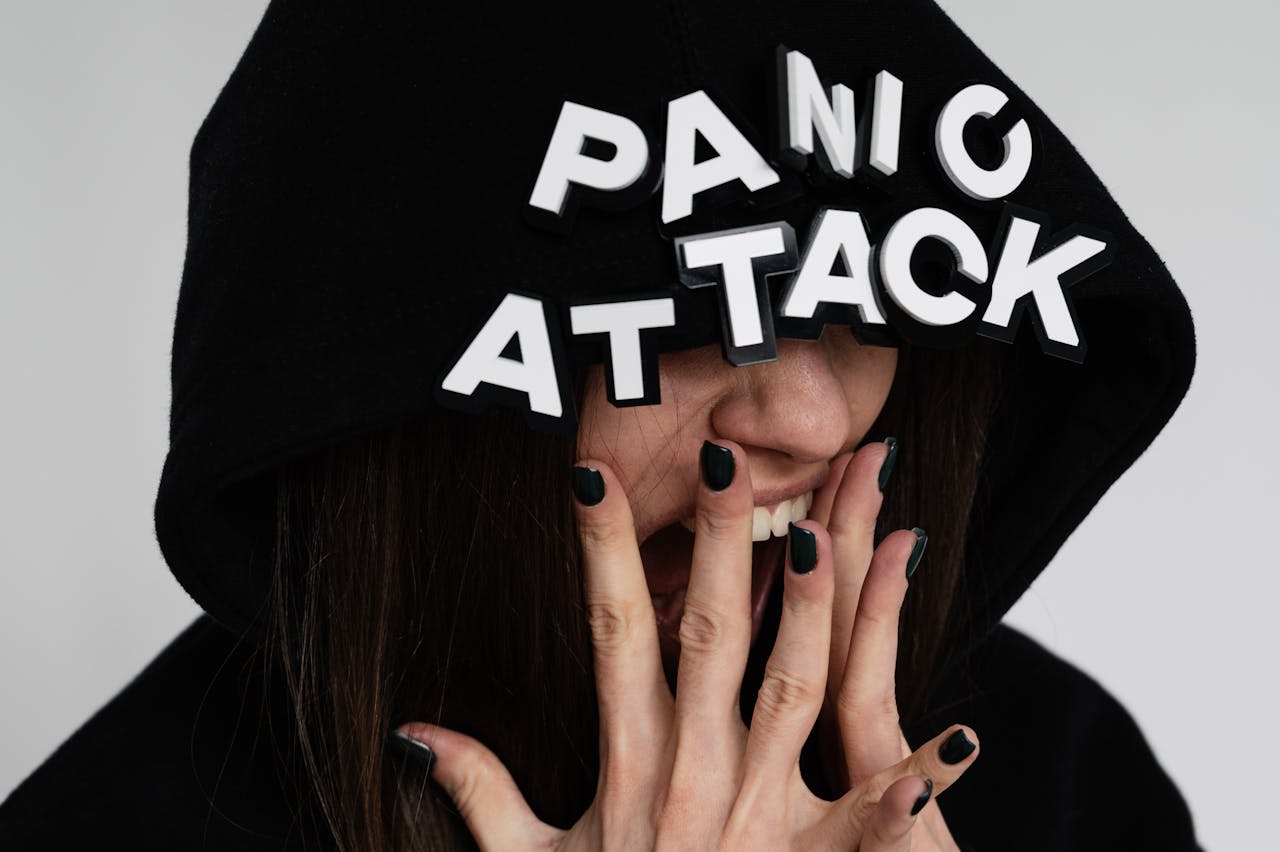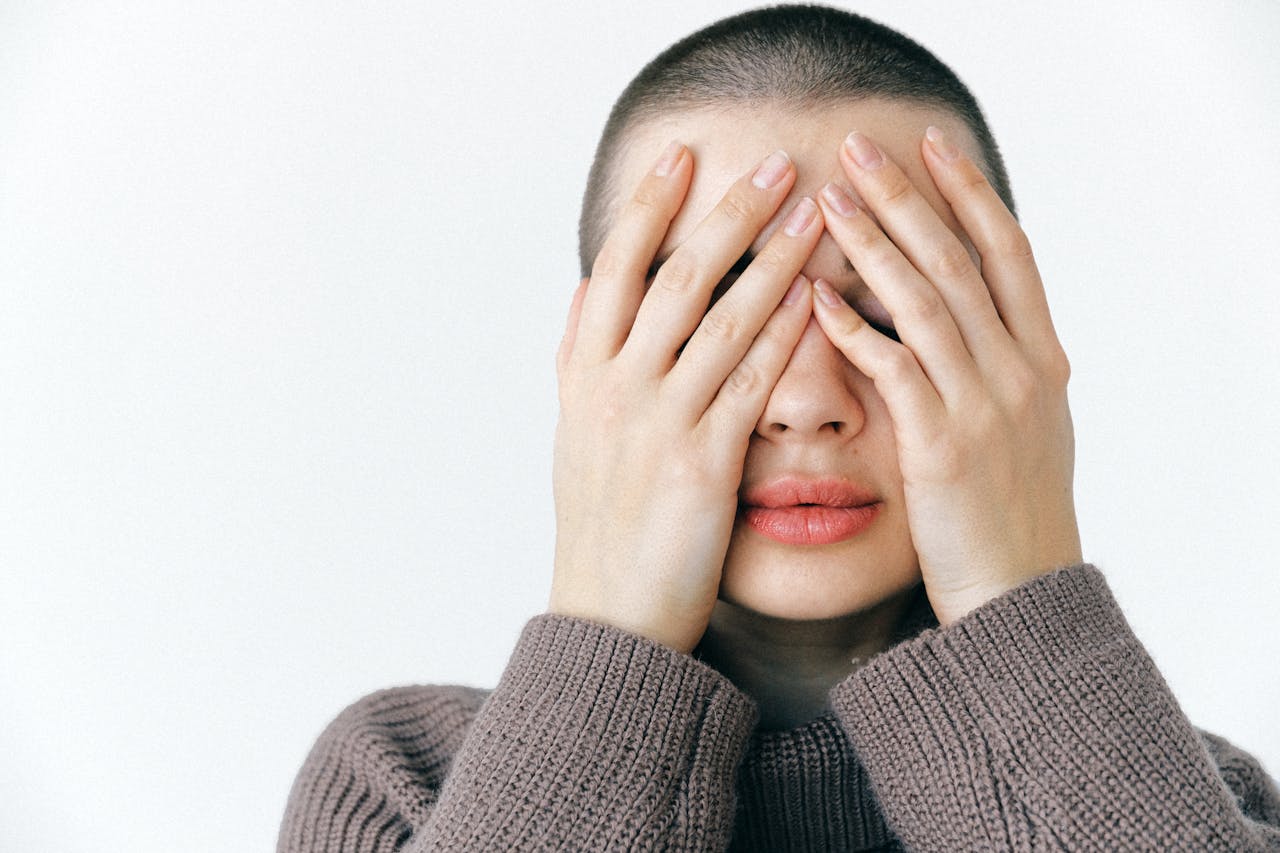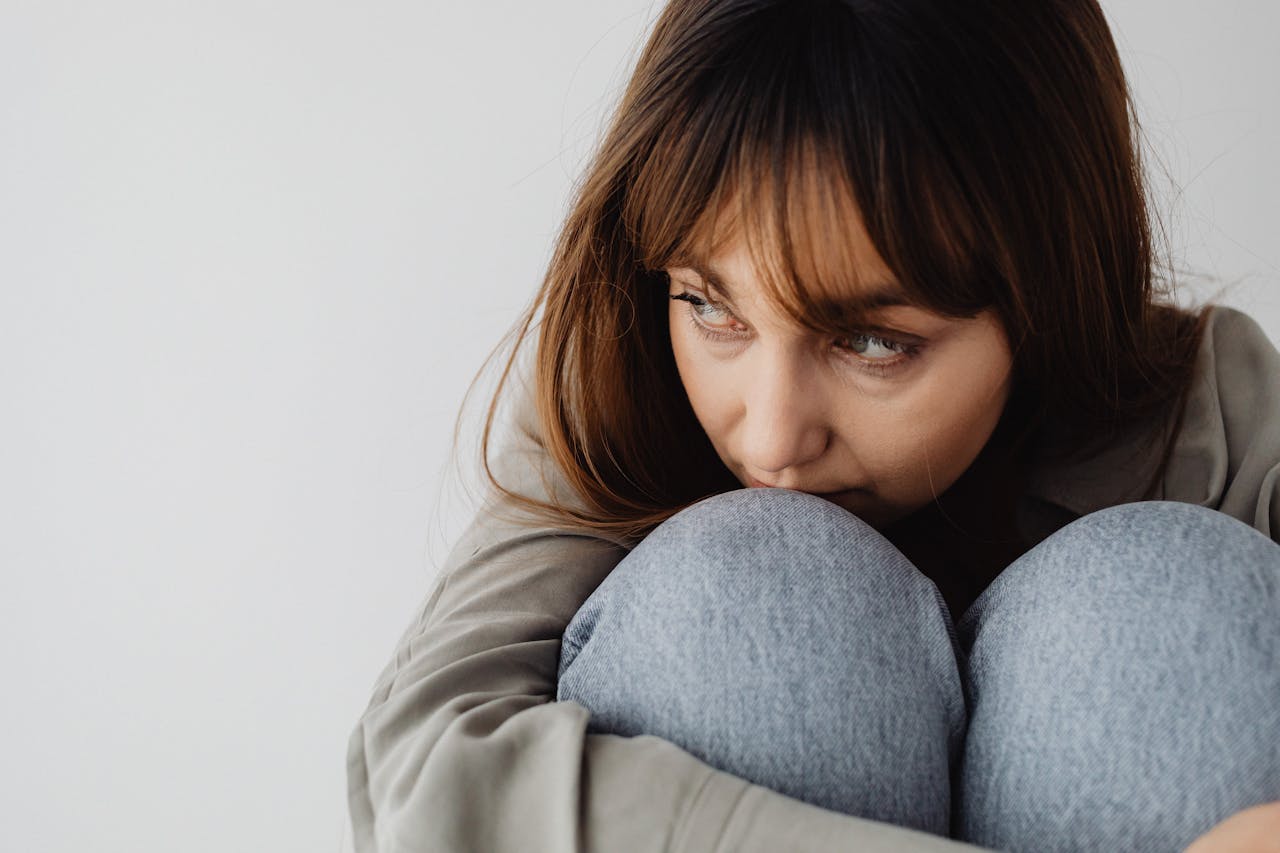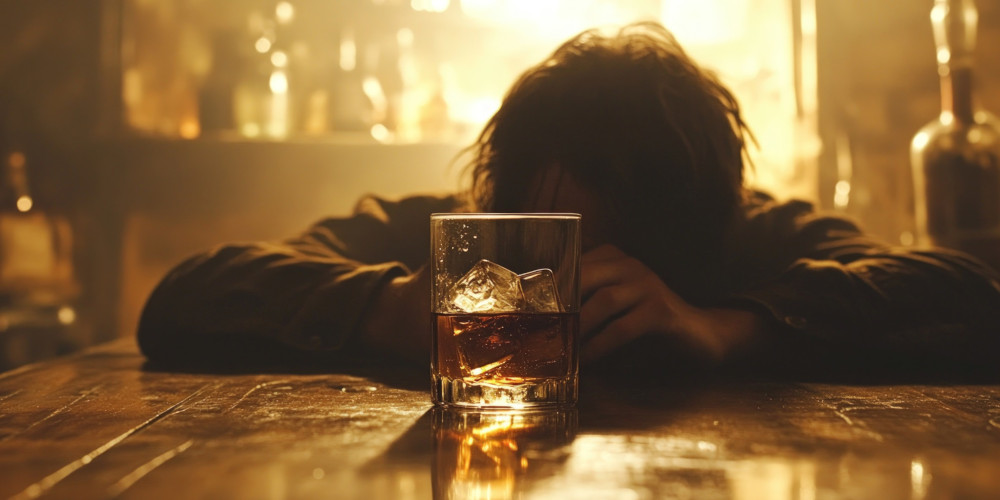
Are alcohol and panic attacks related? The use of alcohol might seem like a quick fix to alleviate feelings of anxiety. Still, it can contribute to the occurrence of panic attacks and in turn, negatively impact health and overall wellbeing.
Reaching out for professional help is a crucial move for those who find their panic attacks to be tied to excessive drinking. Acknowledging the problem and seeking support is not a sign of weakness but a proactive step towards managing one’s health better. Healthier methods are available to deal with panic attacks, which do not carry the risk of causing further harm to oneself.
Key Takeaways
- Alcohol can exacerbate panic attacks, leading to a harmful cycle.
- Seeking professional support is essential for managing this condition effectively.
- Healthier coping mechanisms are available and preferable for long-term well-being.
Why Using Alcohol to Manage Panic Attacks is Harmful
Turning to alcohol to manage feelings of anxiety can lead to a cycle of worsening symptoms and health issues. Initially, some may find alcohol helps to dull the intense fear and physical symptoms associated with panic attacks, like chest pain and shortness of breath. However, alcohol’s effects are only short-term.
The temporary relief alcohol provides can be misleading, as it disrupts the brain’s chemistry, particularly affecting neurotransmitters like serotonin and GABA—chemicals that play key roles in mood regulation. As one drinks more frequently, tolerance increases, resulting in the need for higher amounts of alcohol to achieve the same calming effect, an indication of developing alcohol dependence.
Moreover, when the influence of alcohol fades, withdrawal symptoms can exacerbate anxiety levels, leading to a vicious cycle of needing to drink to relieve the withdrawal-related anxiety. This pattern can harm those with panic disorder, generalized anxiety disorder, or social anxiety disorder, as well as increase the risk of substance use disorder and other mental health conditions.
Those using alcohol as a coping mechanism for panic attacks often find that not only does their anxiety not diminish over time, but alcohol-related anxiety can also emerge, creating additional stress. Long-term misuse might increase the incidence of depression, aggravate phobias, or worsen the symptoms of post-traumatic stress disorder (PTSD), agoraphobia, and more.
Considering these factors, it’s clear that managing panic attacks with alcohol is detrimentally ineffective, and it’s crucial to seek healthier and more sustainable coping methods.

Could Alcohol Trigger Your Panic Attacks?
Individuals may experience intense bouts of anxiety, known as panic attacks, after drinking alcohol. Symptoms like a racing heart, dizziness, and an overpowering feeling of fear characterise these episodes. Alcohol anxiety is not just a common hangover symptom; it’s a clear sign from your body that alcohol is hurting your mental health.
When the body processes alcohol, one may notice palpitations and trembling, which are often accompanied by dehydration, drops in blood sugar levels, and a significant impact on cognitive function. These physiological changes can induce feelings of restlessness and shortness of breath. Additionally, ‘hangxiety’, the anxiety felt after heavy drinking, may stem from an underlying anxiety disorder.
Recognising alcohol-induced anxiety symptoms is vital. If these panic attacks are a frequent aftermath of drinking, it’s time to reflect on one’s alcohol consumption and possibly seek expert advice to manage this distressing cycle.
Effective Management of Alcohol Dependency and Anxiety
Individuals grappling with alcohol dependency may often face concurrent mental health challenges, such as panic attacks. Acknowledging this link, treatment processes are tailored to address both concerns comprehensively. An individual’s journey towards recovery may encompass various steps designed to encourage abstinence and alleviate anxiety.
One of the primary steps in the process is participating in an addiction treatment programme. Such programmes typically involve a period of residence at a rehabilitation centre. Here, one can delve deep into the reasons behind their alcohol use in a secure and supportive environment. The agenda includes educational group sessions workshops and personal reflection time, equipping individuals with the understanding and tools necessary to lead an alcohol-free life.
Therapeutic interventions play a key role too. Engaging in therapy offers a confidential space to unravel personal dilemmas and cultivate emotional intelligence. Options range from intensive daycare programmes to weekly one-hour sessions, all designed to facilitate personal growth and the development of strategies to tackle both alcohol misuse and panic attacks.
In some cases, medication might be introduced as part of the treatment strategy, particularly where panic attacks are severe. Such medications are chosen carefully to avoid potential addiction risks, and they complement therapeutic efforts.
These varied treatment modalities illustrate a commitment to flexibility, ensuring that individuals dealing with alcohol addiction and anxiety receive the support necessary to reclaim control over their lives. From bespoke therapy plans to medically-assisted detoxification, each step is taken with mindfulness towards the person’s unique circumstances, guiding them onto a path of sustained recovery.

Frequently Asked Questions
Can Drinking Alcohol Cause Panic Episodes?
Yes, drinking alcohol can indeed provoke episodes of panic. While some individuals might find that alcohol helps them feel more relaxed initially, it can later result in a sudden onset of panic symptoms such as rapid heartbeat, feeling of dread, and shortness of breath.
How Are Panic and Anxiety Attacks Different?
A panic attack typically comes on abruptly and involves intense and often overwhelming fear. It’s usually accompanied by physical symptoms like chest pain, heart palpitations, and shortness of breath. On the other hand, anxiety attacks are not officially recognised in the same way, but the term is often used to refer to a period of prolonged anxiety which is less intense than a panic attack.
Managing Panic Attacks Without Medication
To manage panic attacks without medication, one might engage in regular physical activity, practice mindfulness and deep breathing techniques, utilise relaxation methods such as progressive muscle relaxation, and seek support from peer groups or therapy.
Alcohol Withdrawal’s Relations to Panic Attacks
There is an established connection between alcohol withdrawal and panic attacks. As one stops or reduces alcohol intake after prolonged use, they may experience heightened anxiety and panic due to the nervous system’s reaction to the lack of the substance it has grown accustomed to.
Long-term Impact of Alcohol on Anxiety and Panic Disorders
Long-term alcohol consumption can exacerbate anxiety and panic disorders. Chronic drinking can alter the brain’s chemistry and neurotransmitter balance, leading to increased anxiety levels and the potential for more frequent and severe panic attacks over time.
Interactions Between Alcohol and Panic Attack Medications
Alcohol can interact with medications prescribed for panic attacks, often diminishing their effectiveness or causing harmful side effects. Specifically, alcohol can increase the sedative effects of many anti-anxiety drugs, which can be dangerous. Individuals on these medications need to discuss their alcohol use with a healthcare professional.


